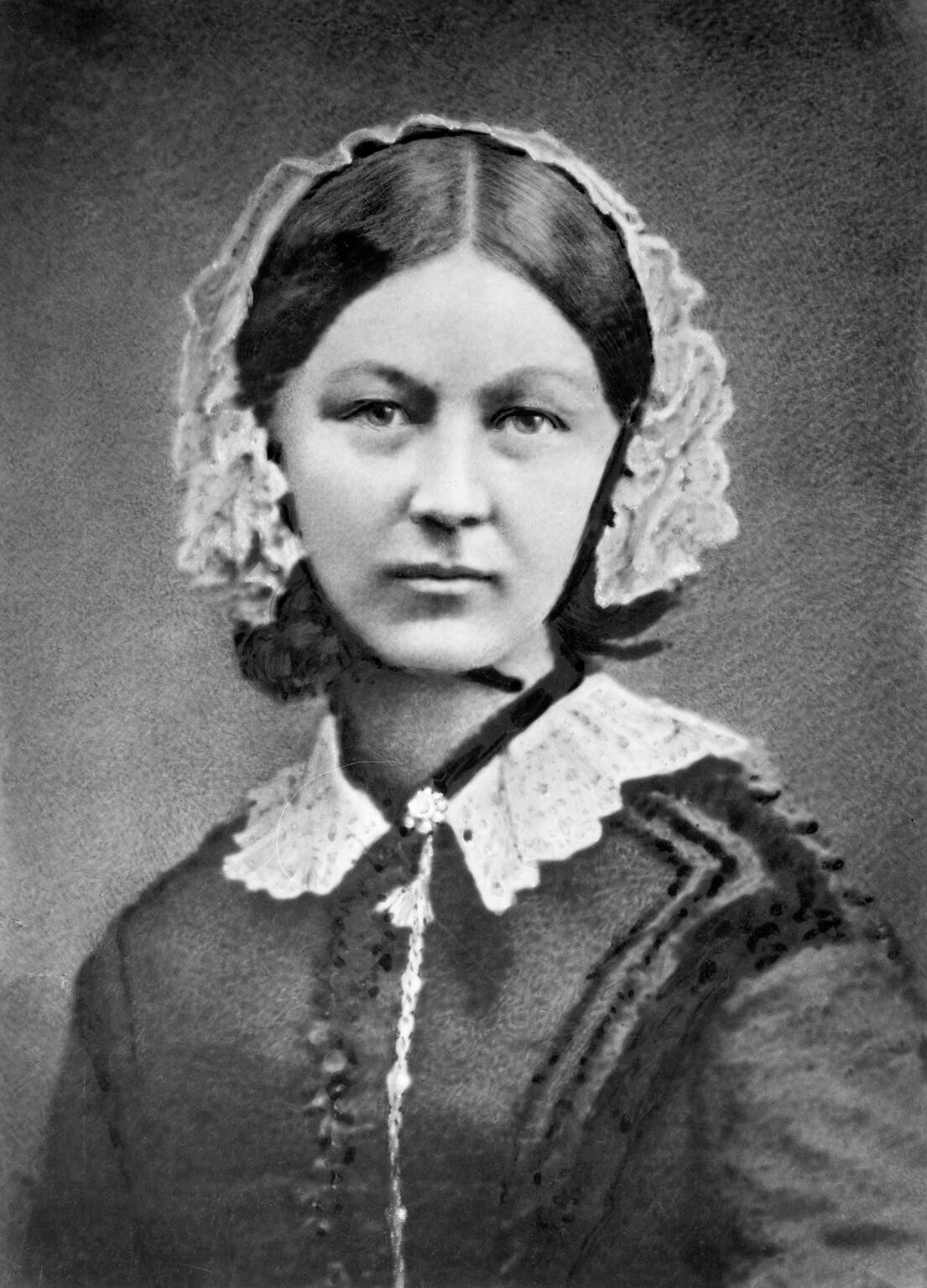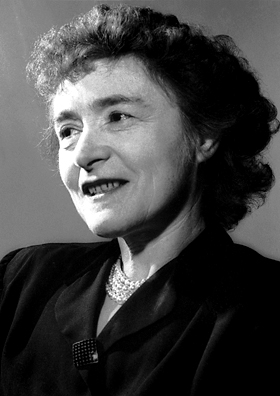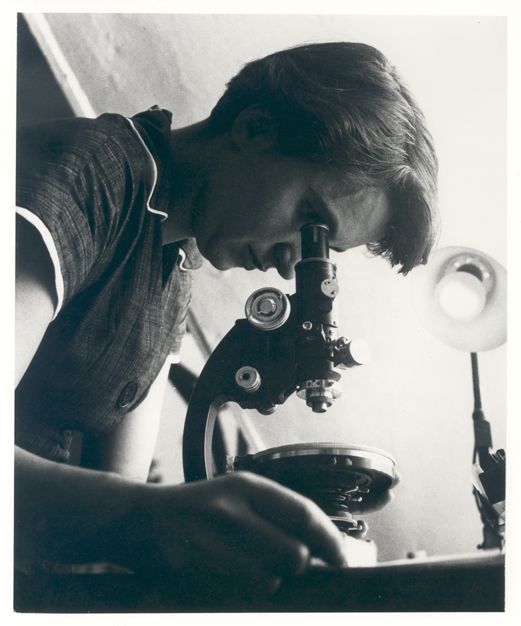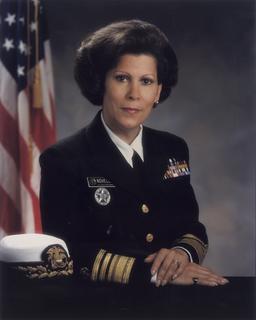by Tharien van Eck, AWC Antwerp and Health Team Co-Chair
February 11 was the International Day of Women and Girls in Science. This article is dedicated to some of the amazing women whose achievements were pivotal to medical science. I am sure that you will recognize many of the formidable women mentioned here!
I included a few women who have won Nobel Prizes in Medicine in this list. There have been 1000 laureates between 1901 and 2023, with only 13 women having been awarded the Nobel Prize in Physiology or Medicine.
- Metrodora (200–400 CE): she wrote On the Diseases and Cures of Women, the oldest medical text known to be written by a woman. All aspects of medicine related to women were included in this textbook, except gynecology and midwifery, which were restricted to women.
- Trota of Salerno (11th century): she is regarded by many as the first gynecologist, and wrote a book on women’s health which was used until the 16th century.

- Ann Preston (1813–1872): she started studying at the Female (later Woman’s) Medical College of Pennsylvania in 1850 and later became a professor there. She was barred by the Philadelphia Medical Society from training in clinics and went on to establish an all-women board, allowing women to train. She was appointed the dean of this college in 1866.
- Florence Nightingale (1820–1910): although not a physician, she is regarded as the woman who invented modern nursing. She was born to British parents in Florence, Italy, and it is said that she was named after the city.

- Elizabeth Blackwell (1821–1910): the first woman to earn a medical degree in the United States and the first woman on the Medical Register of the General Medical Council for the United Kingdom. She opened the New York Infirmary for Women and Children in New York.
- Rebecca Lee Crumpler (1831–1895): she was the first African American woman to earn an MD degree, and wrote a textbook called A Book of Medical Discourses: In Two Parts.
- Marie Curie (1867–1934): a scientist, best known for her discovery of radium and polonium, and her huge contribution to finding treatments for cancer. She was instrumental in taking mobile X-Ray machines and radiology units to the front lines during WWI. Marie Curie is the only woman to date who has received two Nobel Prizes: one for Physics in 1903, and another for Chemistry in 1911.
- Gerty Radnitz Cori (1896–1957): the first woman to win the Nobel Prize in Medicine in 1947, discovering the metabolic process responsible for the conversion of lactic acid into glucose, known today as the Cori cycle. Gerty and her husband Carl met in Prague and moved to the US shortly after their marriage. Eventually, in the year in which she was awarded the Nobel prize, she was appointed as professor in biochemistry.

- Virginia Apgar (1909–1974): who has not heard of the Apgar score? Virginia Apgar invented the Apgar score, the tool that is used to assess the clinical condition of a newborn in the first few minutes of life. She eventually became a full professor at Columbia University College of Physicians and Surgeons.
- Frances Kathleen Oldham Kelsey (1914–2015): she was a Canadian-born physician working at the US Food and Drug Administration. She refused the authorization of thalidomide for the market due to concerns that she had about its lack of safety data, a concern that was justified. She was very involved in strengthening legislation overseeing the safety of pharmaceuticals.
- Gertrude Elion (1918– 1999): she was inspired to study medicine and find a cure for disease when her grandfather passed away from cancer when she was 15. She shared a Nobel Prize with two men for innovative methods of rational drug design that focused on understanding the target of the drug rather than simply using trial and error. Elion and her team developed 45 patents focused on a variety of diseases, including leukemia, herpes, AIDS and kidney transplants.
- Rosalind Franklin (1920–1958): she is known for her work regarding the structure of DNA. The identification of the double helix has led to huge advances in the fields of genetics and modern medicine. Franklin also led pioneering work on the molecular structures of RNA viruses and polio. She passed away from cancer in 1958 before she could be considered for a Nobel Prize.

- Rosalyn Yalow (1921–2011): a medical physicist who received the Nobel Prize in Physiology/Medicine in 1977 for the development of the radioimmunoassays (RIA) technique, which is used to measure peptide hormones in the blood, a diagnostic technique used to scan blood donations for diseases such as HIV and hepatitis.
- Patricia Goldman-Rakic (1937–2003): she was a neuroscientist and focused her research on neurological diseases such as Alzheimer’s, other forms of dementia and Parkinson’s. She contributed to the understanding of conditions such as schizophrenia and attention deficit hyperactivity disorder (ADHD).
- Antonia Coello Novello (b. 1944): originally from Puerto Rico, she moved to the United States and became the first female Surgeon General of the United States. She is also the first person of Hispanic origin to hold that title.

- Francoise Barre-Sinoussi (b. 1947): she discovered HIV as the cause of the immunodeficiency disease AIDS in 2008, along with Luc Montaigner.
- Maria Siemionow (b. 1950): a Polish transplant surgeon, she performed the first near-total face transplant, performed in the United States at the Cleveland Clinic in 2008, a procedure that took 22 hours.
And the list goes on and on! There are many more women who can be added to this list. Let us continue to applaud inspirational women who have made a huge difference to the lives of millions, and support girls and women in all fields of science.
All images from Wikimedia Commons
